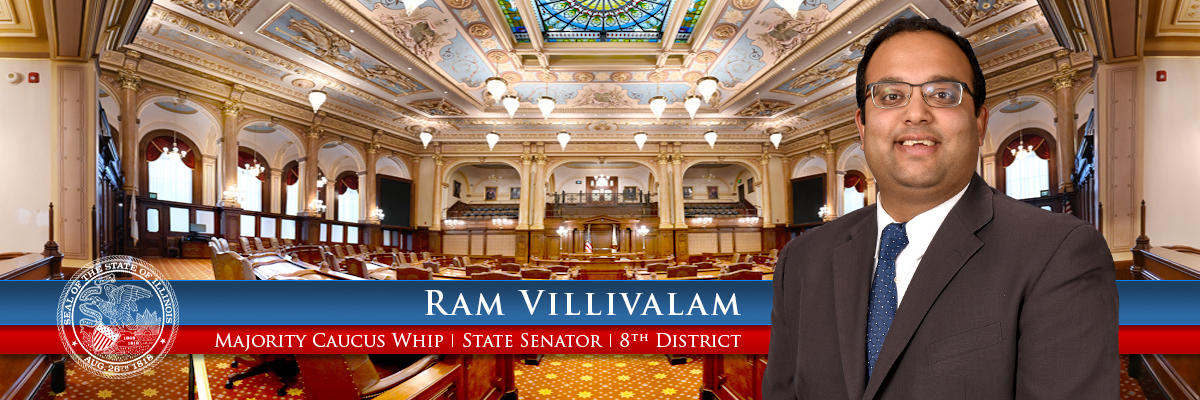Originally published in Chicago Sun-Times, February 28, 2021.
Sometimes, changing horses in midstream makes the most sense. Especially when you can help people who are struggling.
By changing direction on its Chicago pipeline replacement program, Peoples Gas could ease the strain on its customers’ wallets. It should do so. Chicagoans shouldn’t have to worry about soaring gas bills every time they turn on the heat or boil a pot of water.
Peoples Gas is in the middle of a program to replace some 2,000 miles of natural gas mains under the streets, sidewalks and parkways of Chicago, but it is behind schedule and way over budget. Already, customers are shelling out about 10 times as much for the work, in the form of a surcharge, than the Legislature was told it would cost when it authorized the program in 2013. Wholesale gas prices are low now, but there is no guarantee they will stay low. If nothing is done, gas bills could grow increasingly unaffordable.
Unexpected events can drive costs up fast. Just last week, Gov. J.B. Pritzker announced the creation of a low-interest loan program to help communities in Southern Illinois whose gas prices unexpectedly soared because of utility grid failures in Texas and Oklahoma.
About a decade ago, Peoples Gas set out to accelerate the replacement of old gas mains. The riskiest mains are largely made of cast iron and ductile iron pipes, which can leak and cause explosions when gas escapes. It’s a problem cities face around the country. New pipes are made of polyethylene, which does not corrode. As of January 2019, Peoples had 1,742 miles to replace. Today, the company still has 1,706 miles to replace. That’s a long way to go.
Replacing mains that are not high-risk
Critics say the program’s cost is soaring because Peoples is doing more than targeting just the riskiest pipelines. It is also replacing mains that are not high-risk. And it is upgrading from a low-pressure system to medium pressure, which benefits some commercial and industrial customers and allows the utility to replace interior meters with exterior ones. Peoples says medium pressure systems are safer.
All that comes with a price tag, however.
Originally projected in 2007 to cost $1.4 billion, Peoples’ System Replacement Program could end up costing $8 billion to $11 billion when work is completed in 2040. As the Sun-Times recently reported, the surcharge is costing the average Peoples Gas customer in Chicago an extra $131 last year, a figure that could rise to $174 by the end of this year. So far, less than a third of the pipes have been replaced.
It’s time to trot out a new horse.
Last week, state Rep. Joyce Mason, D-Gurnee, and Sen. Ram Villivallam, D-Chicago, introduced legislation to eliminate the surcharge tacked on to heating bills by the end of this year instead of in 2023. The legislation is similar to bills that went nowhere in the last two sessions.
But now the idea is backed by Mayor Lori Lightfoot, who last year said she worried that higher heating bills could drive Chicagoans from their homes. The concept is also now supported by the Chicago City Council and Pritzker.
Advanced leak detection
Instead of running up costs, Peoples should focus on replacing the riskiest pipelines.
A new laser-based technology, “advanced leak protection,” could be greatly helpful in this effort, allowing Peoples Gas to zero in on pipes that need replacing most. The tool not only pinpoints where the leaks are, but also detects the volume and intensity of leaks.
If natural gas were Chicago’s future, it might make sense to upgrade as many pipelines as possible immediately. But Illinois has set a goal of transitioning to renewable energy by 2050, a time when gas customers will have yet to pay off the amortized cost of the pipe replacement program. The Citizens Utility Board argues that geothermal energy — heat from the Earth — is a now-plausible eco-friendly alternative to gas.
As some customers transition to electricity from renewable energy, those who can’t afford to do so will be left behind, saddled with paying off the remaining cost of the pipe replacement program through higher and higher bills.
Peoples Gas says its replacement program protects customers, has already reduced leaks and operates under regulatory oversight. But the law requires Peoples to keep the system safe and reliable even without a surcharge.
Too many Chicagoans already struggle to pay their gas bills. In September, Peoples warned about 30% of its customers that their service could be cut off if they did not pay their bills, and that was in summer, when gas usage — and gas bills — are relatively low.
Peoples’ pipe replace program is needlessly expensive. Put that horse out to pasture.




